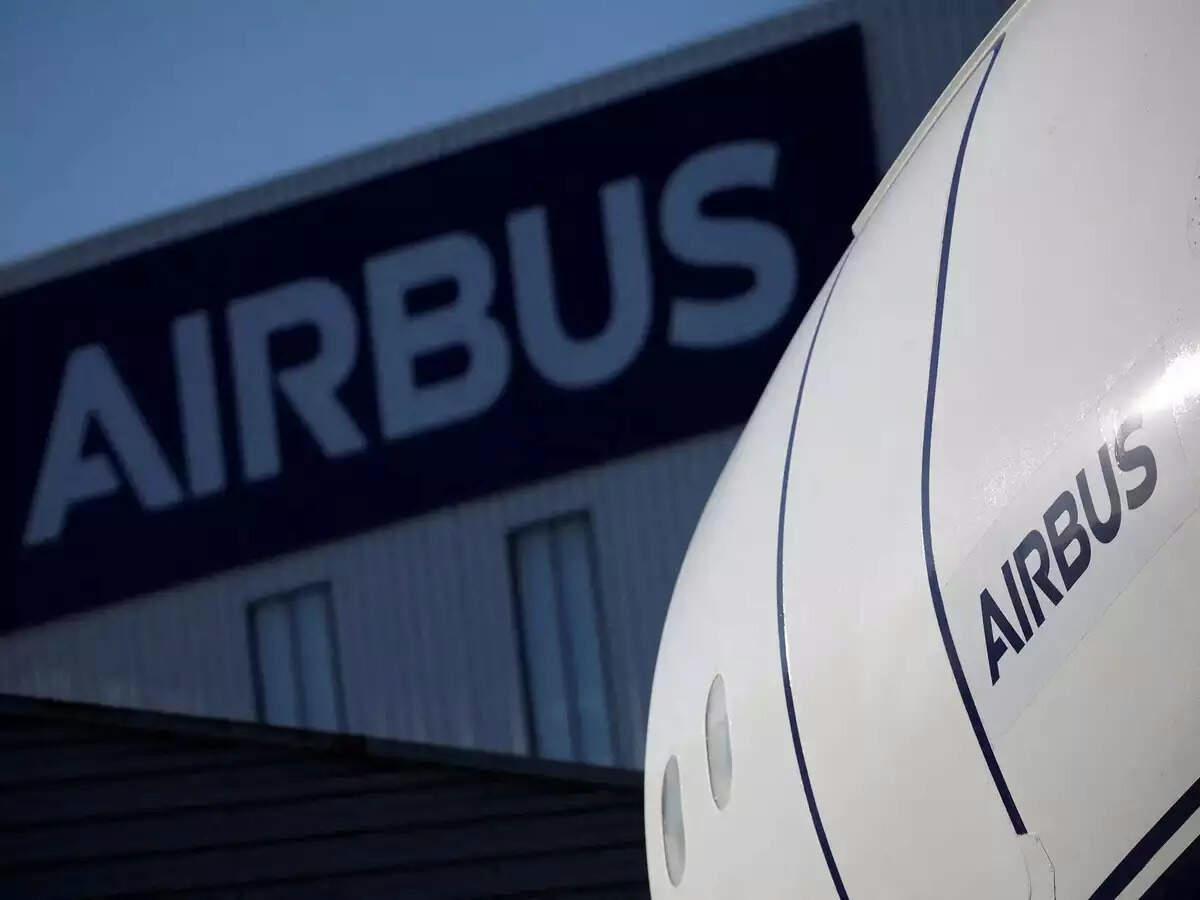AeroGenie — Il tuo copilota intelligente.
Tendenze
Categories
Airbus Outlook for 2025: Deliveries, Orders, and Long-Term Strategy

Airbus Outlook for 2025: Deliveries, Orders, and Long-Term Strategy
As the aviation industry continues to navigate persistent challenges, Airbus approaches 2025 with a combination of operational resilience and strategic foresight. For investors and industry observers alike, the critical considerations revolve around whether Airbus can sustain its delivery momentum and leverage its substantial order backlog alongside disciplined operations to generate long-term value.
Deliveries: Managing Supply Chain Constraints While Sustaining Output
In the second quarter of 2025, Airbus delivered 11,308 commercial aircraft units, marking a 6% decline compared to 12,048 units in the same period of 2024. This reduction primarily stems from ongoing supply chain disruptions, notably engine shortages impacting the A320 Family, whose deliveries fell to 113 units from 159 a year earlier. Despite these headwinds, Airbus remains on course to meet its annual target of 820 deliveries, having completed 373 aircraft by July 2025. The A320 Family continues to be the cornerstone of Airbus’s delivery performance, accounting for 78% of total units delivered.
Production scalability remains a strategic priority. Airbus aims to increase output to 75 A320 aircraft per month by 2027 and 12 A350 aircraft per month by 2028. Although current supply constraints are significant, the company’s capacity to absorb these shocks without compromising adjusted EBIT growth underscores its operational robustness. Notably, consolidated reported EBIT for Q2 2025 rose by 35% year-on-year to €1,144 million, supported in part by reduced charges within the Space Systems division.
Orders and Backlog: A Strategic Advantage Amid Market Demand
The most compelling development in 2025 is Airbus’s strengthening order book. During the first half of the year, the company secured 494 gross orders (402 net), representing a 30% increase over the first half of 2024. The year-end backlog now totals 8,754 aircraft, a 2% rise, with 82% concentrated in the A220 and A320 Families. This positions Airbus favorably to capitalize on the single-aisle market segment, which constitutes over 70% of global commercial aircraft demand.
The timing of delivery acceleration is critical. Resolving supply chain bottlenecks—particularly those related to Spirit AeroSystems—could enable Airbus to expedite deliveries and convert backlog into cash flow more efficiently. The anticipated acquisition of Spirit’s work packages, expected to close in the fourth quarter of 2025, is a pivotal step. This integration aims to stabilize the A350 and A220 programs, both of which have experienced volatility due to supplier disruptions.
Competitive and Market Dynamics
Airbus’s capacity to maintain its competitive advantage over Boeing, especially in the narrowbody and widebody aircraft segments, remains under close scrutiny. Data from Aviation Week indicates intensifying competition, with both manufacturers likely to adjust production rates and pricing strategies in response. The upcoming Paris Air Show in 2025 will serve as a critical platform for industry insights and may influence market sentiment significantly.
External factors also present challenges. The global downturn in container shipping could indirectly affect Airbus’s supply chain and demand environment, adding complexity to its operational outlook.
Supply Chain Challenges and Strategic Responses
Spirit AeroSystems’s financial difficulties, highlighted by a $133 million loss in Q2 2025 and ongoing litigation, have posed substantial challenges for Airbus. In response, Airbus has injected an additional $94 million to support Spirit and facilitate a smooth transition. This intervention is not merely a financial rescue but a strategic investment aimed at securing supply chain stability. Should the acquisition close as planned, Airbus would reduce its dependence on third-party suppliers for critical components, thereby strengthening its long-term operational position.
Outlook
Despite the persistent challenges, Airbus’s disciplined operations, growing order backlog, and proactive supply chain initiatives position the company as a resilient force within a volatile industry. The forthcoming year will test Airbus’s ability to convert its backlog into deliveries and maintain its competitive edge, but current fundamentals suggest it remains a compelling long-term prospect.

Emirates Unveils Cabin Design for New Boeing 777X

Eighteen Years On, the Airbus A380 Remains Central to a $34 Billion Airline

How a boom in luxury airline seats is slowing down jet deliveries

Navitaire Outage Attributed to Planned Maintenance

DigiYatra Debuts Outside Aviation at India AI Impact Summit

Vietnam Orders Strengthen Boeing’s Commercial Outlook

Airbus Signals Uncertainty Over Future A400M Orders

JobsOhio Awards $2 Million Grant to Hartzell Propeller for Innovation Center

Collins Aerospace Tests Sidekick Autonomy Software on YFQ-42A for U.S. Air Force CCA Program

How the Airbus A350-1000 Compares to the Boeing 777
